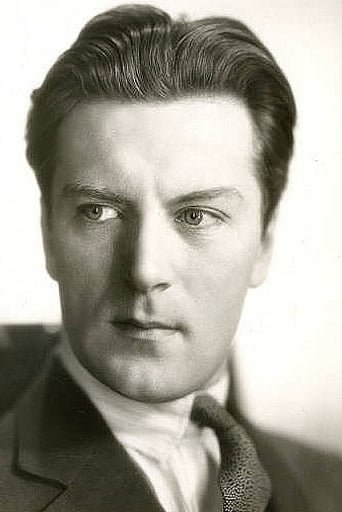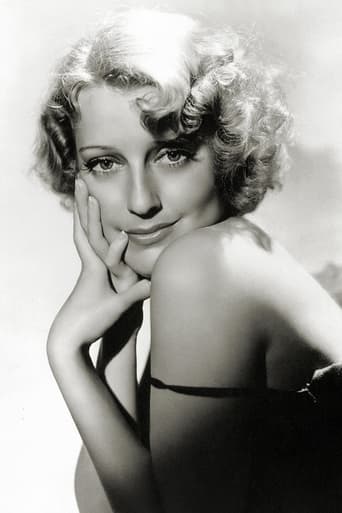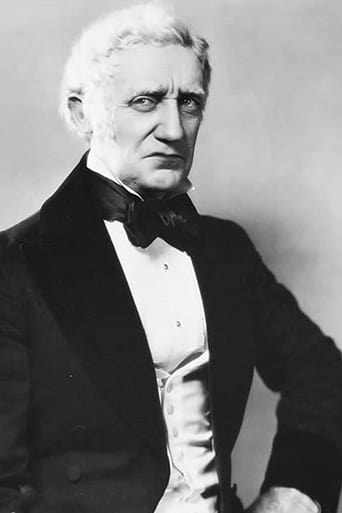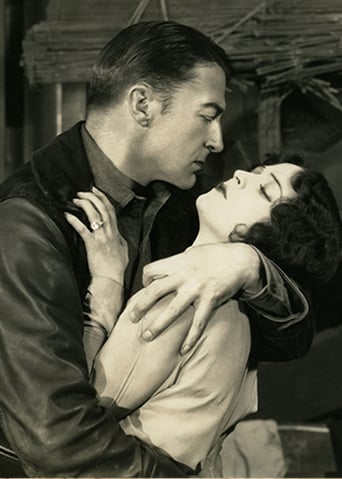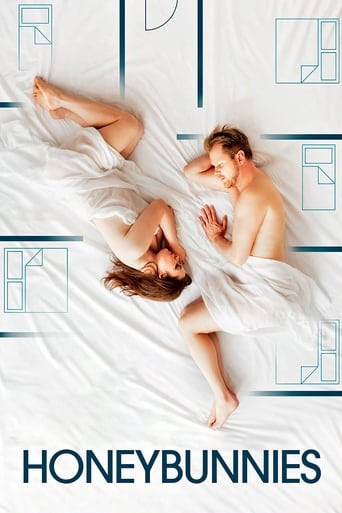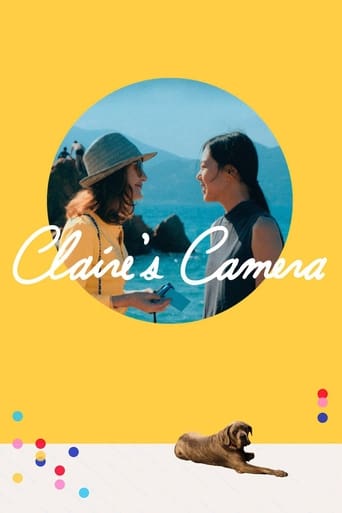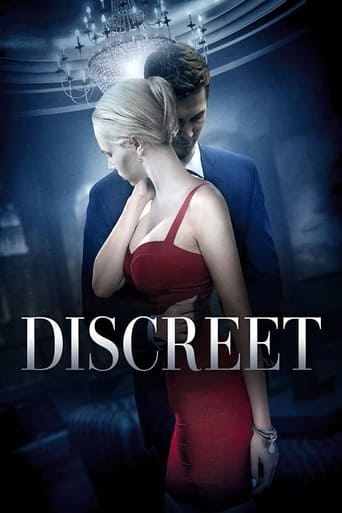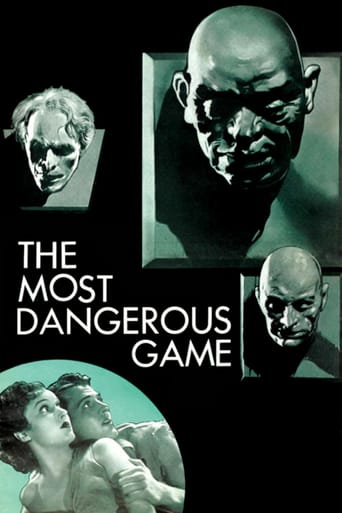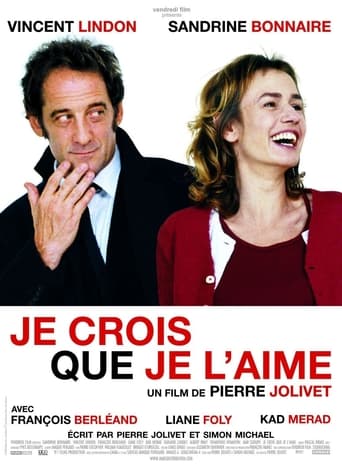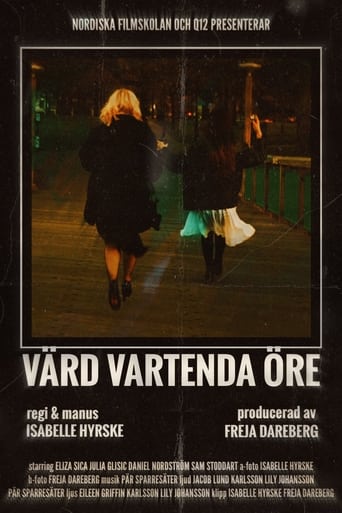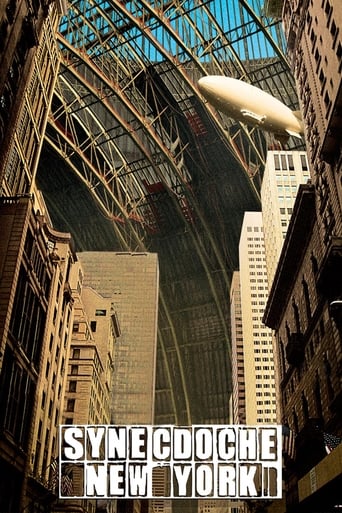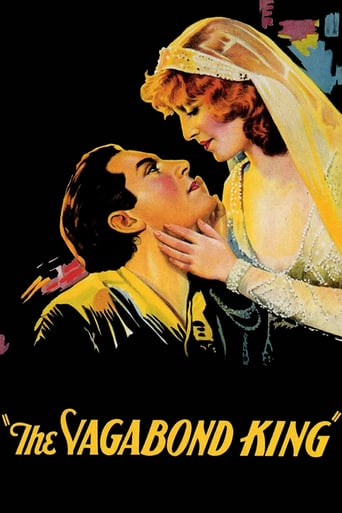
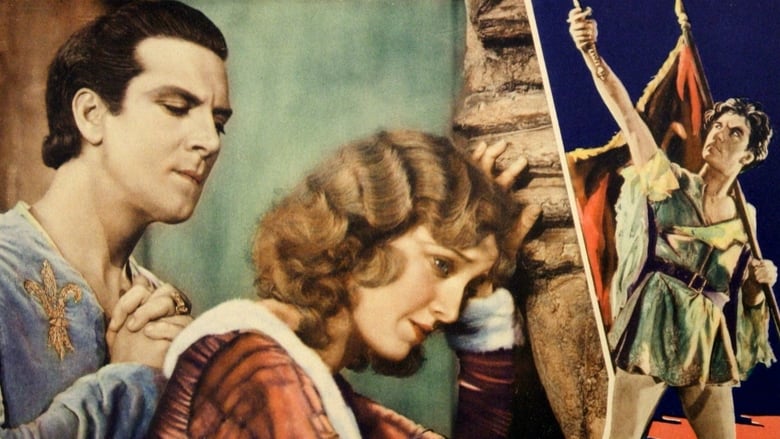
The Vagabond King (1930)
The story takes place in medieval France. Poet-rogue Francois Villon, sentenced to hang by King Louis XI for writing derogatory verses about him, is offered a temporary reprieve. His hanging will be postponed for 24 hours, and in that time he must defeat the invading Burgundians and win the love of the beautiful Katherine.
Watch Trailer
Cast
Similar titles
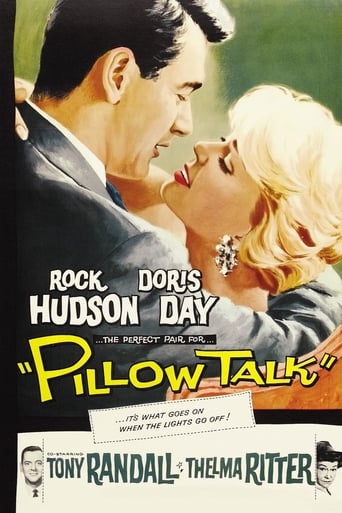
Reviews
I love this movie so much
Really Surprised!
Overrated and overhyped
This is one of the few movies I've ever seen where the whole audience broke into spontaneous, loud applause a third of the way in.
The early sound films were in one sense a step forward and in another sense two steps back. If you look at the late silent films, like Chaplin's "A Woman Of Paris" or Murnau's "Sunrise" the stories are sophisticated, as is the acting and the directing techniques. But the films are mimed plays - we don't hear any dialog (we may hear musical accompaniment). Then comes 1927 and "The Jazz Singer". Finally we hear something,and it is worthwhile (it's Al Jolson's voice - talking and singing). But even there huge parts of that first talkie are silent (the Warner Brothers were not willing to destroy everyone at once). By 1930, except for Chaplin (constructing "City Lights"), most of Hollywood was switched to talkies. But the early problems of acoustics and sound recording make many of these films difficult for modern audiences. Also, a reluctance to trust voices of established stars led to over reliance on stage performers.Dennis King happened to be an exceptionally talented actor and singer. Oddly enough (due to his own choice) he decided to stick to stage work until television came into it's own (and then he willingly got into that new medium). This is fine, because it leaves a record of his acting abilities (and of his singing). But he only made a few movies in Hollywood, and the best known one is not his initial film "The Vagabond King", but his supporting turn as comic villain and lover in "The Devil's Brother" / "Fra Diavalo" with Stan Laurel and Oliver Hardy. It's ironic that that performance is recalled, but understandable given the alternative two (although both are good performances). His gentle vicar in "Between Two Worlds" has a moving scene where he leads the passengers on that odd ocean liner into a quiet, childlike prayer - a very fine sequence, by the way. And his performance as the brilliant gutter poet of the 15th Century France, Francois Villon, is preserved in "The Vagabond King", one of the leading American operetta of the 1920s. But the former part is not the lead role of "Between Two Worlds", and the productions standards of "The Vagabond King" are hopelessly dated today.Still "The Vagabond King" has much going for it: four top performances by King, Jeannette MacDonald as Katherine (the King's niece), O.P. Heggie as the crafty old "Spider King" Louis IX of France, and Lillian Roth as Villone's girlfriend and (ultimately) savior Huguette. Given the datedness of the dialog (from Justin McCarthy's turn of the century play, "If I Were King", the leads manage to squeeze every drop of value out of it. Sometimes without the dialog (look at the scene where a shaved Villon awakes in a royal bedroom, and slowly realizes things have changed). Look at Roth's moment singing of her love for Villon in the tavern (when he is missing and considered in custody). MacDonald has to play a "perfection" part - a perfect princess who Villon falls quickly in love with and who slowly falls for him (when he is made respectable by the King's whims). It is a thankless role (she can't have much fun being perfect) but she radiates charm, and her singing songs like "Only a rose" (that one in duet with King) reminds the viewer of things to come in her future when her partners were named Maurice or Nelson, not Dennis. Heggie's King does not sing in the film, but he gets the craftiness of the "Spider King". But not quite the brilliance of the political genius of that sinister man. Catch Basil Rathbone's version in the Ronald Colman version of IF I WERE KING later on to see that. However Heggie does capture Louis' least likable trait - he was one of the most vindictive men of his age.Fighting against them is the sound equipment and direction. Some aspects of the stage production were saved. The different types of servants serving Villon in the palace (fat men as waiters bringing breakfast), ladies in waiting to amuse him, and dwarfs to help dress him) must have been in the original Broadway production. Another positive thing is the amount of Friml's score (at least three of his best songs are in the film, including the celebrated "Sons of Toil and Danger". But the sound quality is awful, and the director at times fails to show any talent at all (like his failure to show two duel scenes between King and his enemy the Grand Marshal of France (a somewhat wasted Warner Oland - did part of his part end up being cut?)).It's interesting to note that only three years later (1933) King appeared in "The Devil's Brother". Tendencies to emote which he had in 1930 (another failure of the director of "The Vagabond King" to control) were replaced by a more relaxed style, and the sound quality improved remarkably well too. Therefore it's another plus for the Laurel & Hardy comedy (as King's best performance on film) as opposed to the historically more important Villon in the current movie. All of which is terribly ironic. But for the strength of his performance, as well as his three leading co-stars (I wish Oland's was as good as theirs were), and the Friml score, the film is worthy of an "8" out of "10".
I have seen The Vagabond King (1930) twice on the big screen, in the restored two-strip Technicolor version and it is gorgeous. It is like a Rembrandt painting which moves, with lots of dark, muted colors which evoke the medieval setting. The smaller size of the film studio orchestras at this time (compared with symphonic proportions later on), and the stage-bound camera-work typical of early talkies, combine with the acting style of Dennis King and the rest of the cast, to give the modern viewer a sense of seeing this great musical on stage. In fact, a film such as this, I believe ought to be compared to stage productions or other films of the period, more than to later films. Dennis King's Shakepearian delivery and legitimate baritone singing voice would seem out of place in a later film, where subtlety would reign. How fortunate, then, that we have such a fine document from the Broadway creator of the role. Jeanette MacDonald fairly glows in this, her second film, and gives a haunting delivery of Only a Rose. As a fan of early stage and film musicals and the 1920s era in general, I highly recommend this film in the color version.
Considering the major names involved (in addition to the performers, it was an early screen adaptation from Herman J.Mankiewicz!) in this fine reflection of the popular 1925 operetta, it's high time we had a good Technicolor restoration done and issued on DVD.Jeanette MacDonald as the female lead is, perforce, secondary to the slightly "over the top" Dennis King recreating his starring Broadway role (511 performances at the Casino Theatre), but she gives a pure portrait of the King's niece much more honest and appealing than her later over blown "acting" in the Nelson Eddy screen operettas of the late 30's and 40's.Lillian Roth's Huguette is more throaty than many familiar with the character's beautiful Rudolf Friml music may be used to, but her acting is impeccable and quite moving. Additionally, the chance to see 20th Century Fox's first major "Charlie Chan," Swedish actor Werner Oland, in another perspective entirely as Thibault, is not to be missed for any fan of Earl Derr Biggers' famous sleuth.While, after the painful Hollywood custom, much of the rousing score has been sacrificed in the film's fast moving 104 minutes (only 100 surviving in the TV print I've seen), most of the best, "Some Day," "Only A Rose," "Huguette Waltz" and of course, "Song of the Vagabond" are here in fine form. Certainly preferable in this relatively faithful form than the bland 1956 remake. It's an exciting alternative to the fine (if music-less) 1938 Ronald Colman film drawn from The Vagabond King's source material: "If I Were King."
This 1930 talkie is a bit creaky and director Berger doesn't seem to have the skills to really bring it to life. Still, one can see the great production values, the sets, costumes -- the staging is often quite impressive and the camera has occasional fluidity. MacDonald is singing in what I refer to as the "early Jeanette voice" -- not as full and rich as in her MGM films, but still lovely and sweet on the high notes. She seems to still be learning her screen acting technique (this is only her second film) -- she's not the great emotional actress she became later on. I imagine if one could see this film in the original two-toned technicolor it could be quite mesmerizing. Dennis King is a bit strident in the lead. Lillian Roth has the look of Huguette, but doesn't have the style of singing to pull of "The Vagabond Waltz". Highlights and Jeanette's renditions of "Only and Rose" and "Someday".
